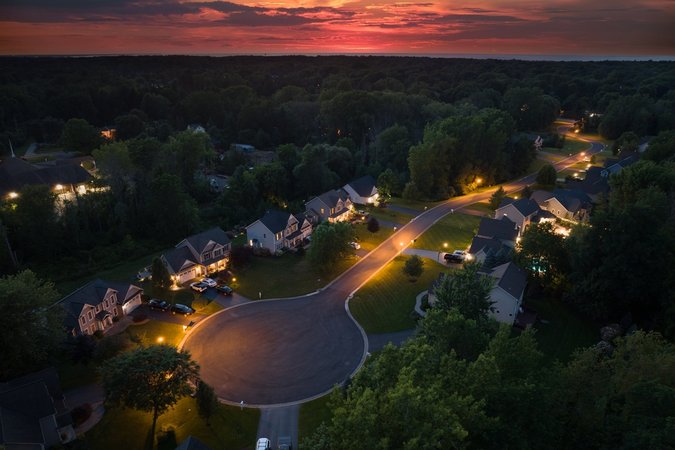RFF blog critical of Delhi driving restriction program
Resources for the Future (RFF) today posted a new blog by Senior Fellow Allen Blackman, Delhi’s Odd-Even Driving Policy: There Has Got to Be a Better Way. In it, the author looks at a driving restriction program to improve air quality now undergoing a trial in Dehli, India.
Delhi’s air pollution is, according to the blog post, “jaw droppingly bad.” The World Health Organization last year ranked it as the world’s worst. And Delhi’s High Court, among others, has referred to the city as a gas chamber.
Unfortunately, driving restriction programs, popular in many megacities, have been found badly wanting. Such programs typically prohibit a fraction of the city’s cars from driving on a given day based on the last digit of a vehicle’s license plate.
Mexico City’s program is probably the best known. A World Bank study conducted just a few years after it was established in 1990 showed that it actually exacerbated the problems it intended to lessen because many households responded by purchasing second cars (often old highly polluting clunkers) and increasing overall driving. More recent studies of this and other driving restriction programs have reached the same disappointing finding. In addition, emerging evidence shows these programs are enormously costly to households because they restrict both high value trips to work as well as lower value trips for leisure.
Blackman concludes that the Delhi program should not be extended by policymakers beyond the January 15 deadline. He explains in the post why he believes continuing the program would not be the best decision. He recommends instead comparing the benefits, costs, and distributional effects of a range of different strategies, including investments in public transportation and market based regulations such as fuel taxes and congestion fees.
Read the full post—Delhi’s Odd-Even Driving Policy: There Has Got to Be a Better Way.
Resources for the Future (RFF) is an independent, nonprofit research institution in Washington, DC. Its mission is to improve environmental, energy, and natural resource decisions through impartial economic research and policy engagement. RFF is committed to being the most widely trusted source of research insights and policy solutions leading to a healthy environment and a thriving economy.
Unless otherwise stated, the views expressed here are those of the individual authors and may differ from those of other RFF experts, its officers, or its directors. RFF does not take positions on specific legislative proposals.
For more information, please see our media resources page or contact Media Relations and Communications Manager Annie Tastet.



